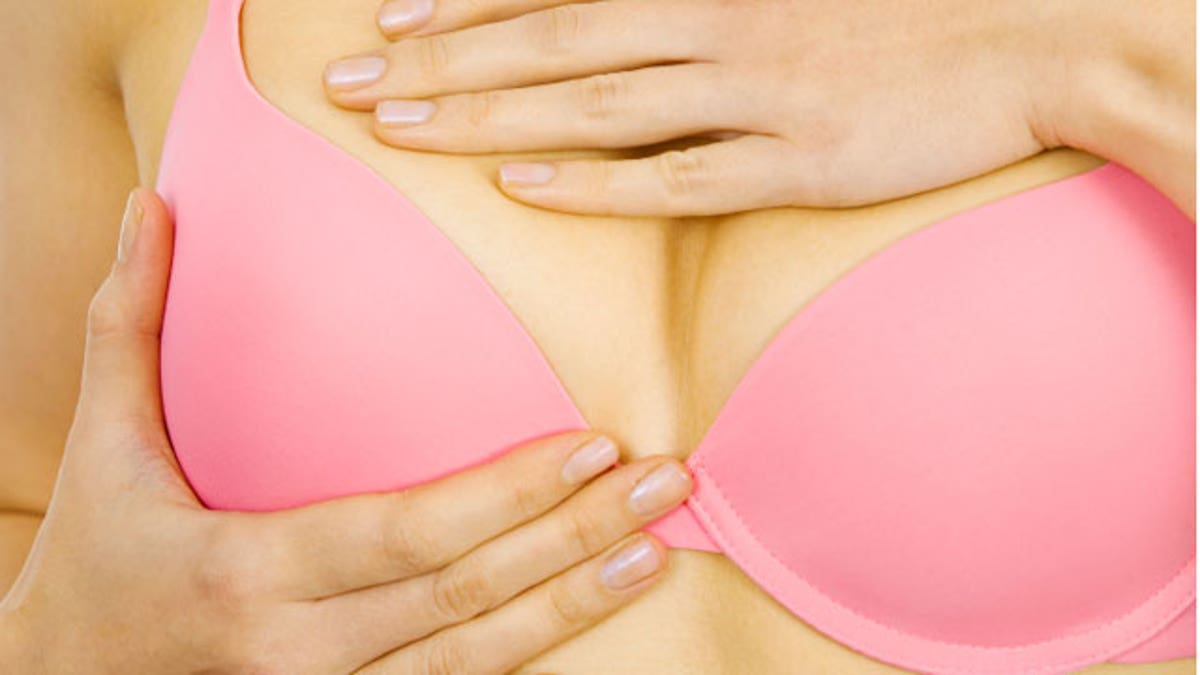
(iStock)
I think I’m having a good week, but with Stage 4 cancer, you can never be sure.
I went to the oral surgeon to have fluid from the infection (necrosis of the jaw) drained from my gums. Depending on the level of pain, I have been switching from Advil to something much stronger, then back to Advil. It hurts most when the fluid from the infection increases.
The dead bone was developing sharp points that were cutting my tongue, so I asked the oral surgeon if he could shave down the top of the dead bone to make it smooth. I was already full of Novocain, but as he was lightly shaving the top of the dead bone, it broke away, along with my back molar. The piece was quite large, and including the loss of the molar, you can imagine the size of the hole.
Now what?
As usual, no one knows much about necrosis of the jaw, because it is so rare. There are not many statistics, so we are all playing in the dark.
The best case scenario is for the area to heal and the jaw bone to regenerate. There will never be enough bone there to replace the molar, but I can live with that.
The worst case scenario is that the necrosis creeps up again in another part of my lower jaw and/or the wound never heals, leaving me on antibiotics and pain pills forever. So, that's that!
We are less than a week away from October, which is Breast Cancer Awareness Month. Our team has been working round the clock on ways to get the word out: We need more money for research!
Besides funding research, it looks like some women need to be better educated on their risk of breast cancer.
A new study will be released in San Francisco tomorrow at the 2013 Breast Cancer Symposium. Out of 9,873 women surveyed in mammography centers, only 9.4 percent correctly assessed their breast cancer risk. Forty-four percent underestimated their risk while 45.7 percent over-estimated their risk, which leaves us with more than a 90 percent lacking accurate knowledge.
I want to help change that. One in 8 women will be diagnosed with breast cancer in her lifetime. And if a woman has a family history of breast cancer, her risk is even higher. Beginning at age 40, women should have annual mammograms if they are at a normal risk, but women with higher risk start younger and may incorporate MRI screening. Talk to your doctor! Early detection saves lives.
You can help prevent breast cancer too. Stop smoking, maintain a healthy weight, cut down on alcohol consumption and exercise. We've heard it all before, but those things will help dramatically reduce your risk.
We are all in this fight together. Take the time to talk to your doctor, go on the Internet to get answers about your individual risk factors, and please, while you're walking, do some talking and make sure your girlfriends are doing this as well. Knowledge is power!
